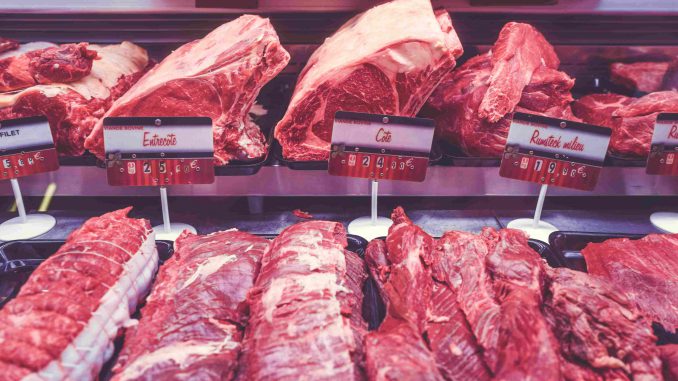
Last month, a sanitary scandal took place on a national scale in Belgium. This scandal concerns Veviba, a Belgian company supplying 30% of the Belgian meat market.
Artículo disponible en Español | Article disponible en Français
At the beginning of March, a control of one of Veviba’s production sites revealed practices against the rules of the AFSCA (organization in charge of food safety): on 200 pallets checked, over half of them turned out to not follow the guidelines. Traces of category 3 meat (forbidden for human consumption) were found in minced meat, and the freezing dates of some carcasses had been falsified.
The AFSCA has told consumers not to worry: if the meat is properly prepared and cooked, there are no health risks.
The Belgian government informed Verbist’s clients (owner of Veviba), mainly Delhaize and Colruyt, and asked to retire the concerned meat from the supermarkets.
The case started when a client, resident of Kosovo, who had bought a container of Belgian meat, told the Belgian authorities that the meat he had bought was rotten, all the way back in 2016.
Supposedly, some of the meat sold to Kosovo was sometimes up to 12 years old.
The situation became much more complex when the meat sold to Kosovo came from different slaughterhouses than the one closed in Bastogne, where the control was made. The meat, produced in two other Belgian slaughterhouses 12 years ago, was then repackaged by the closed down slaughterhouse, and sold to Kosovo.
The owner of Verbist denies that his company did anything wrong, stating that he is being framed by the competition.
Authorities suspect this is a large-scale fraud, as the pallets of meat may have been transported to different sites of the Verbist group.


